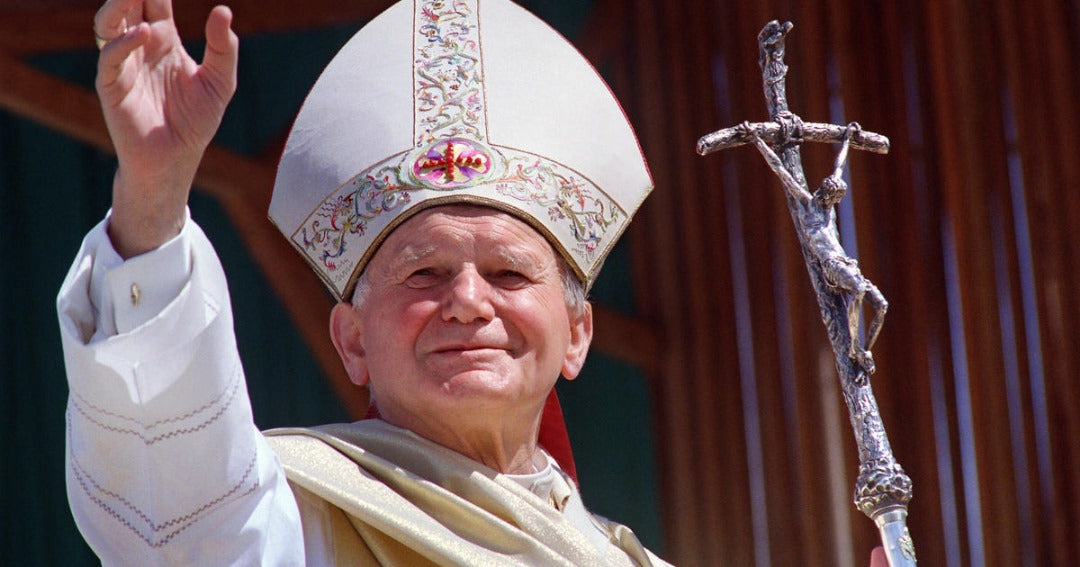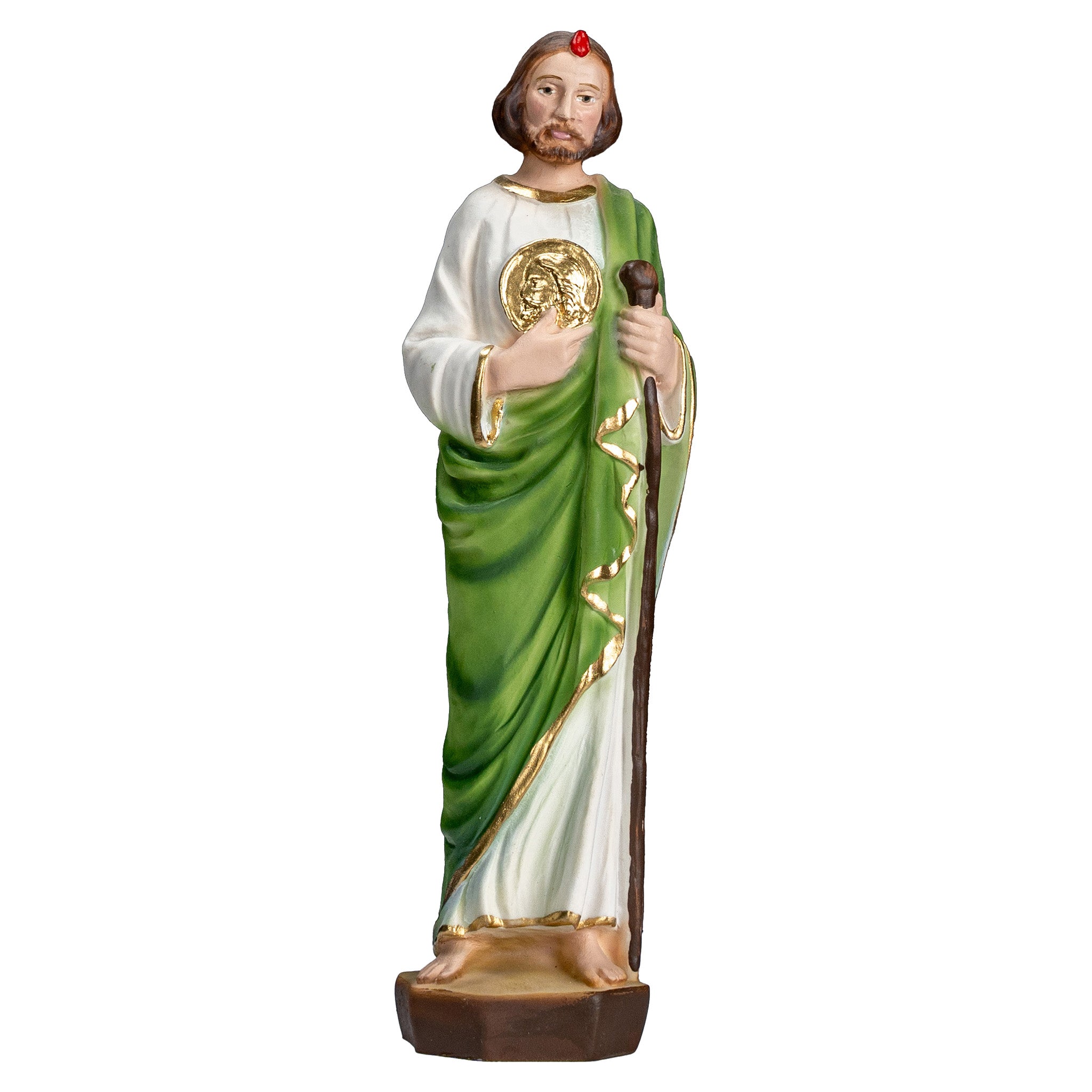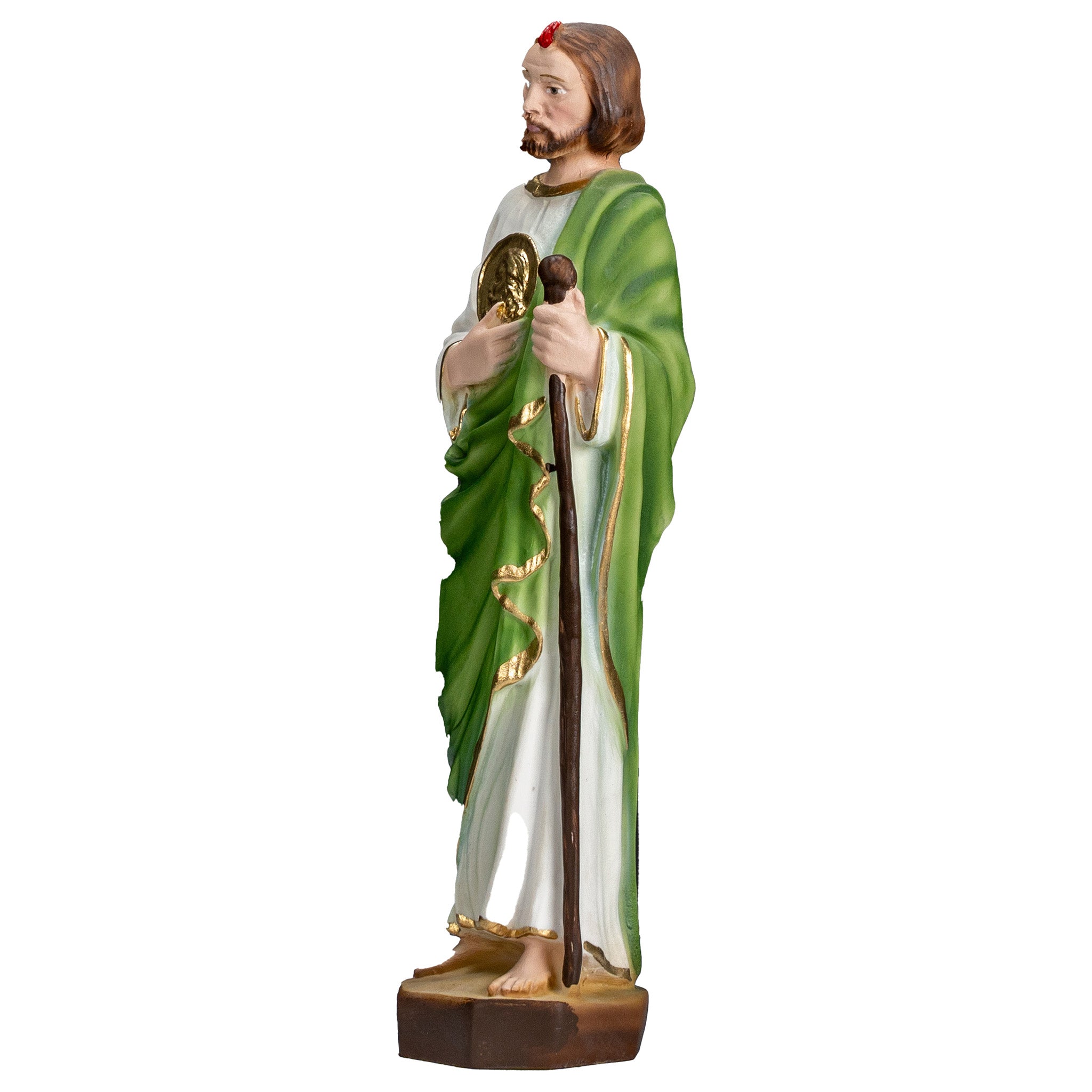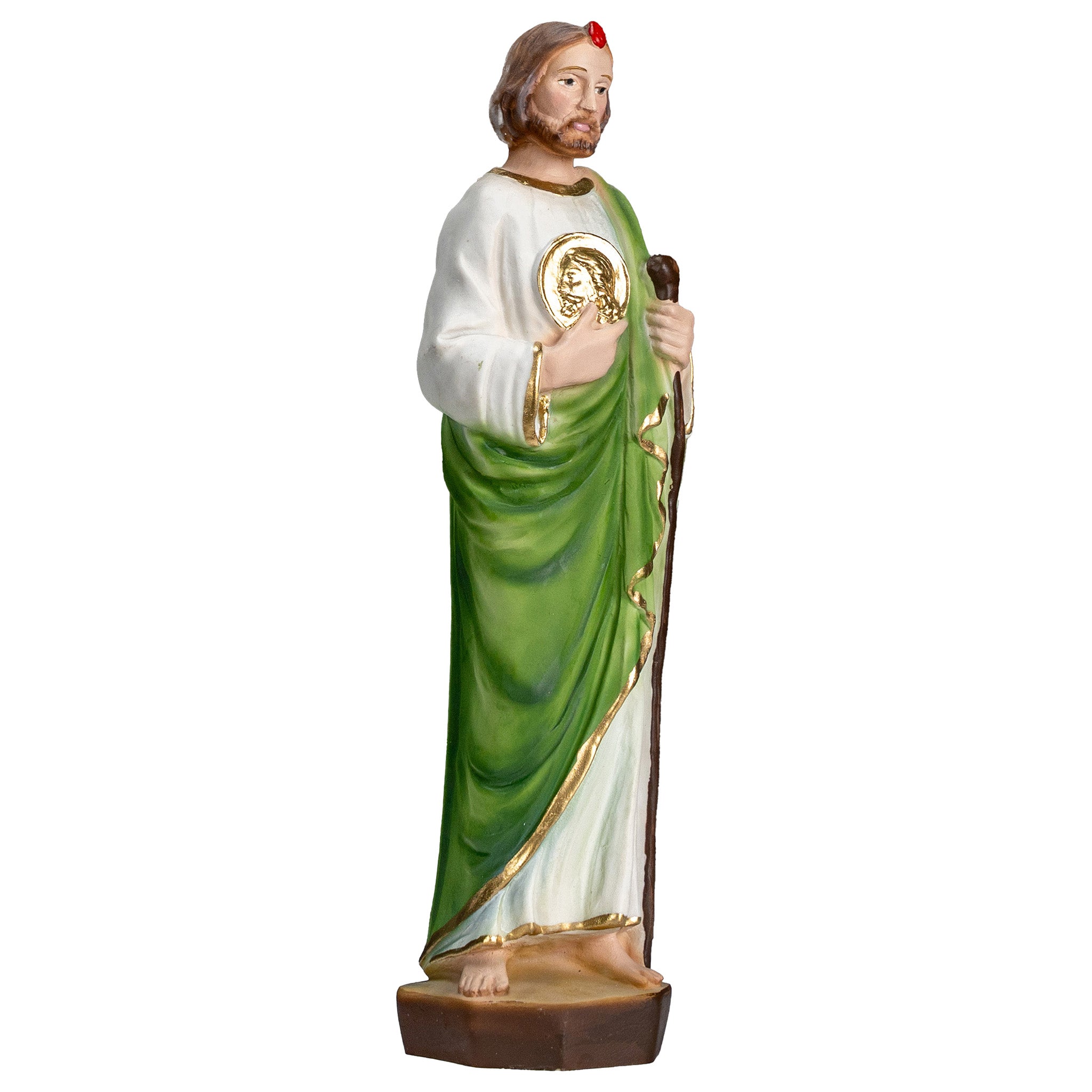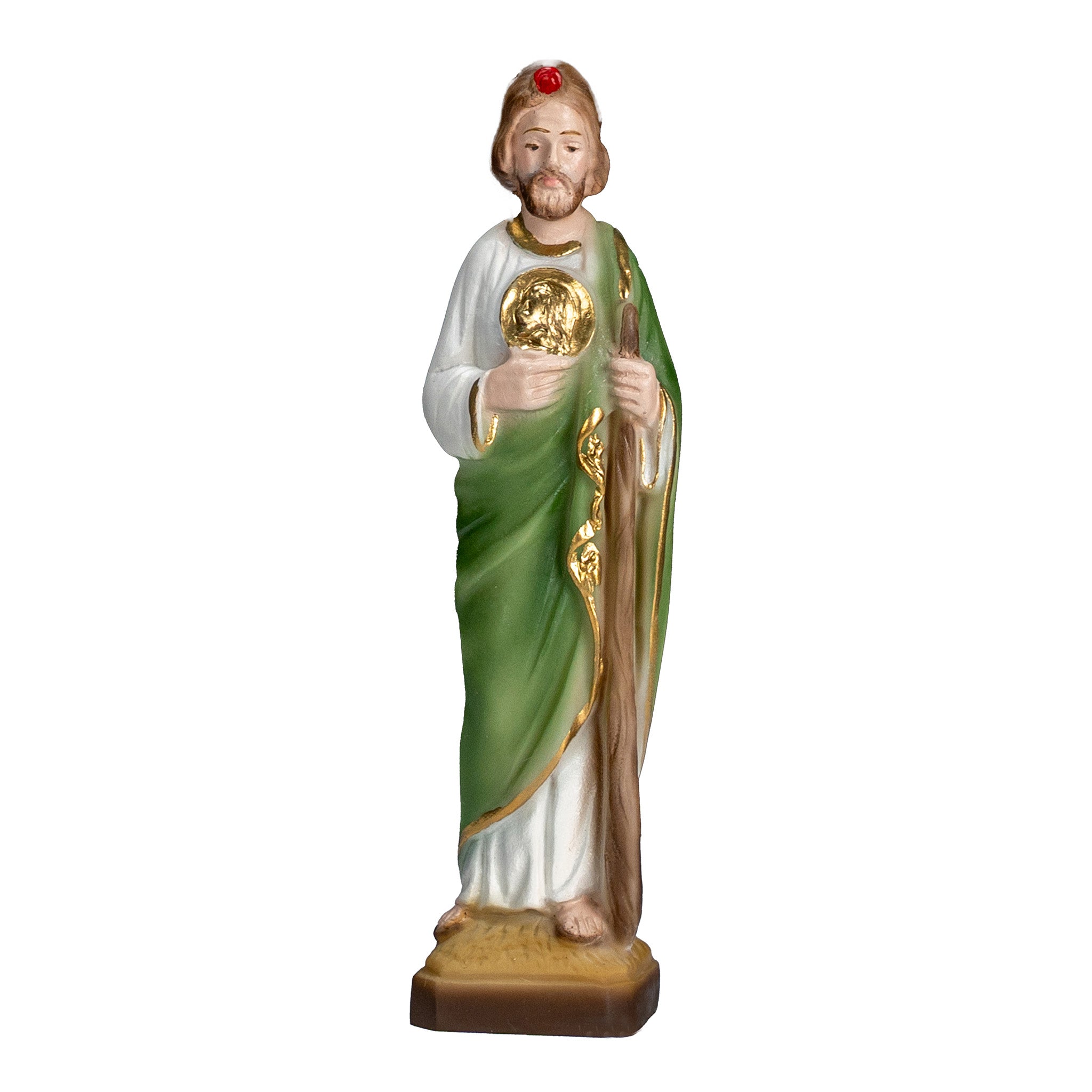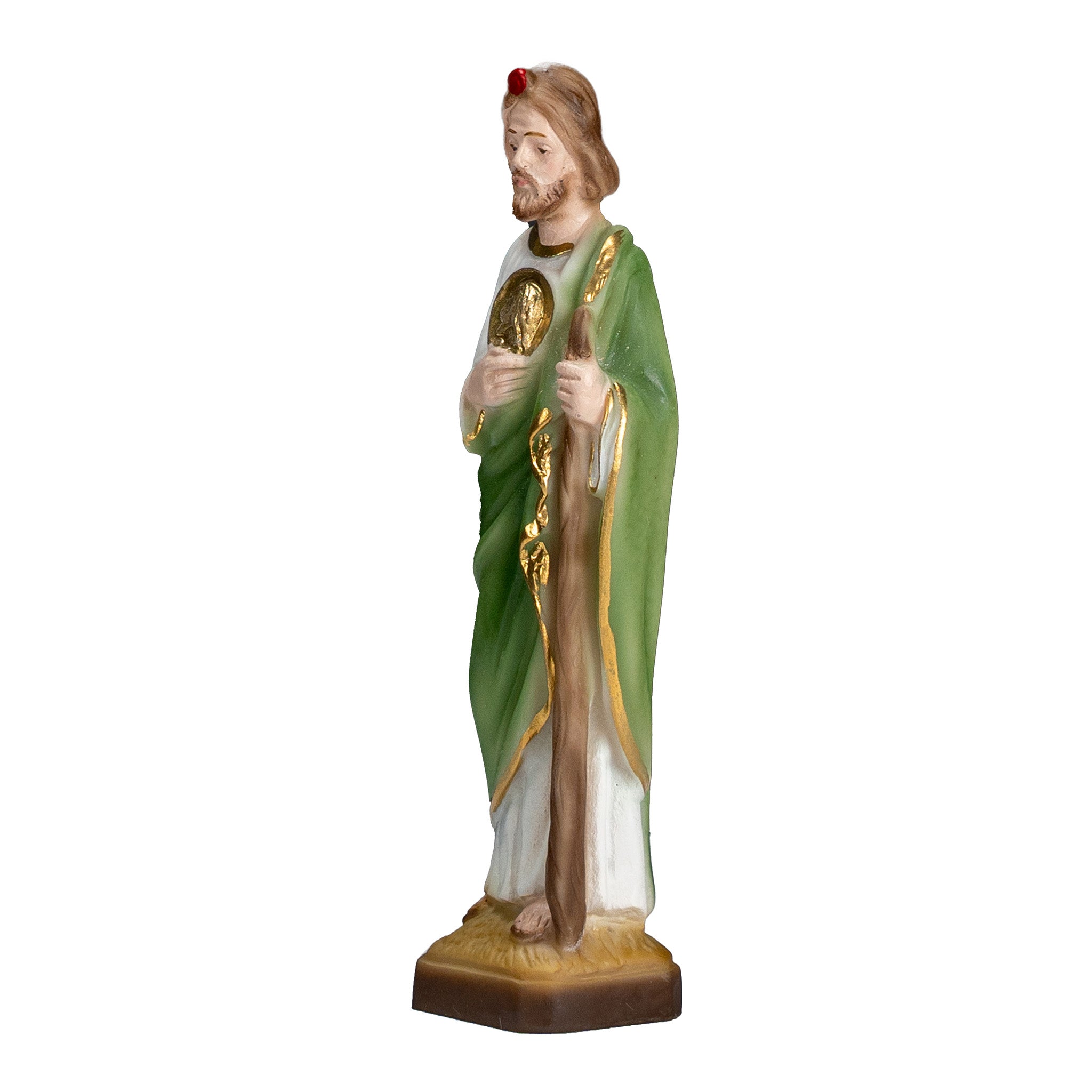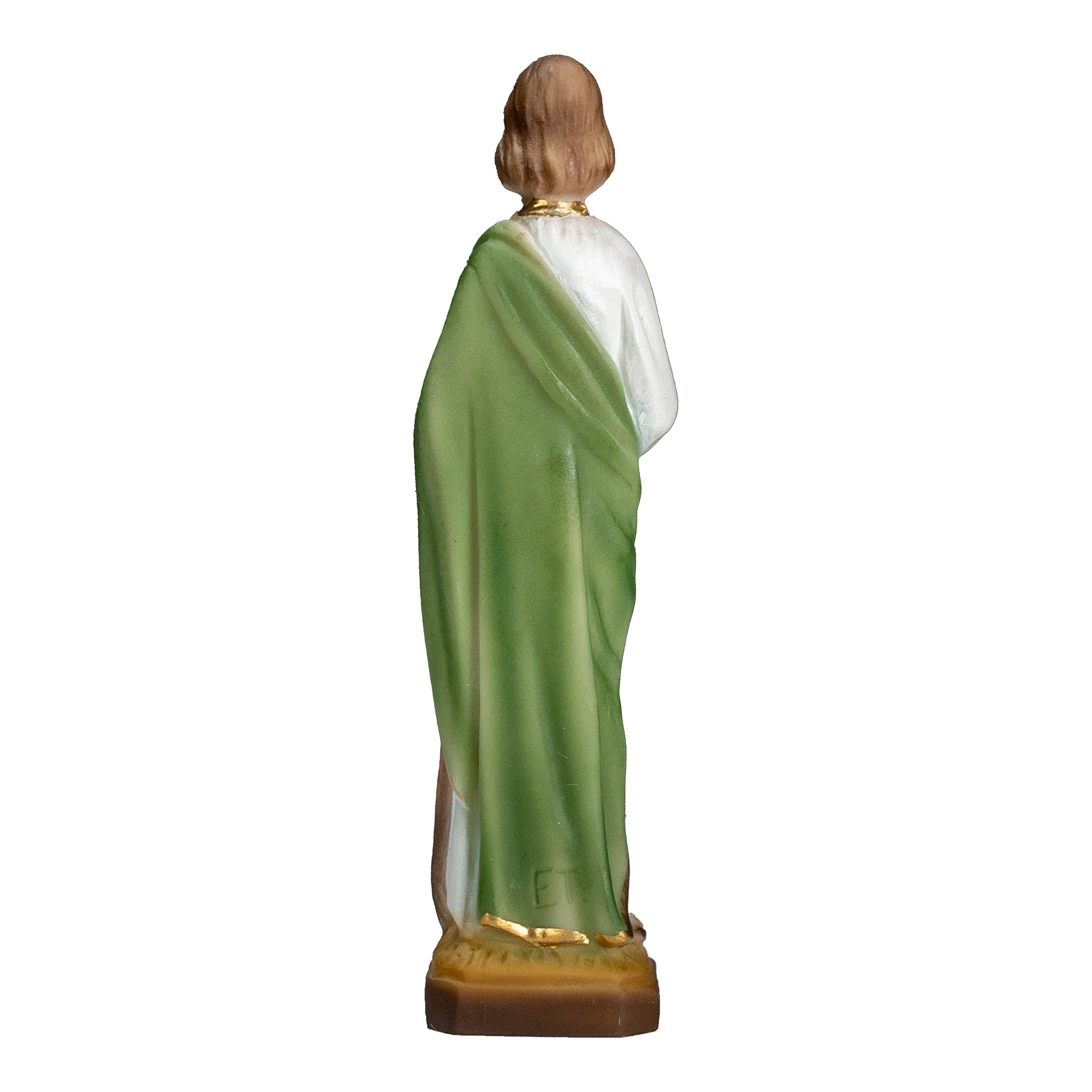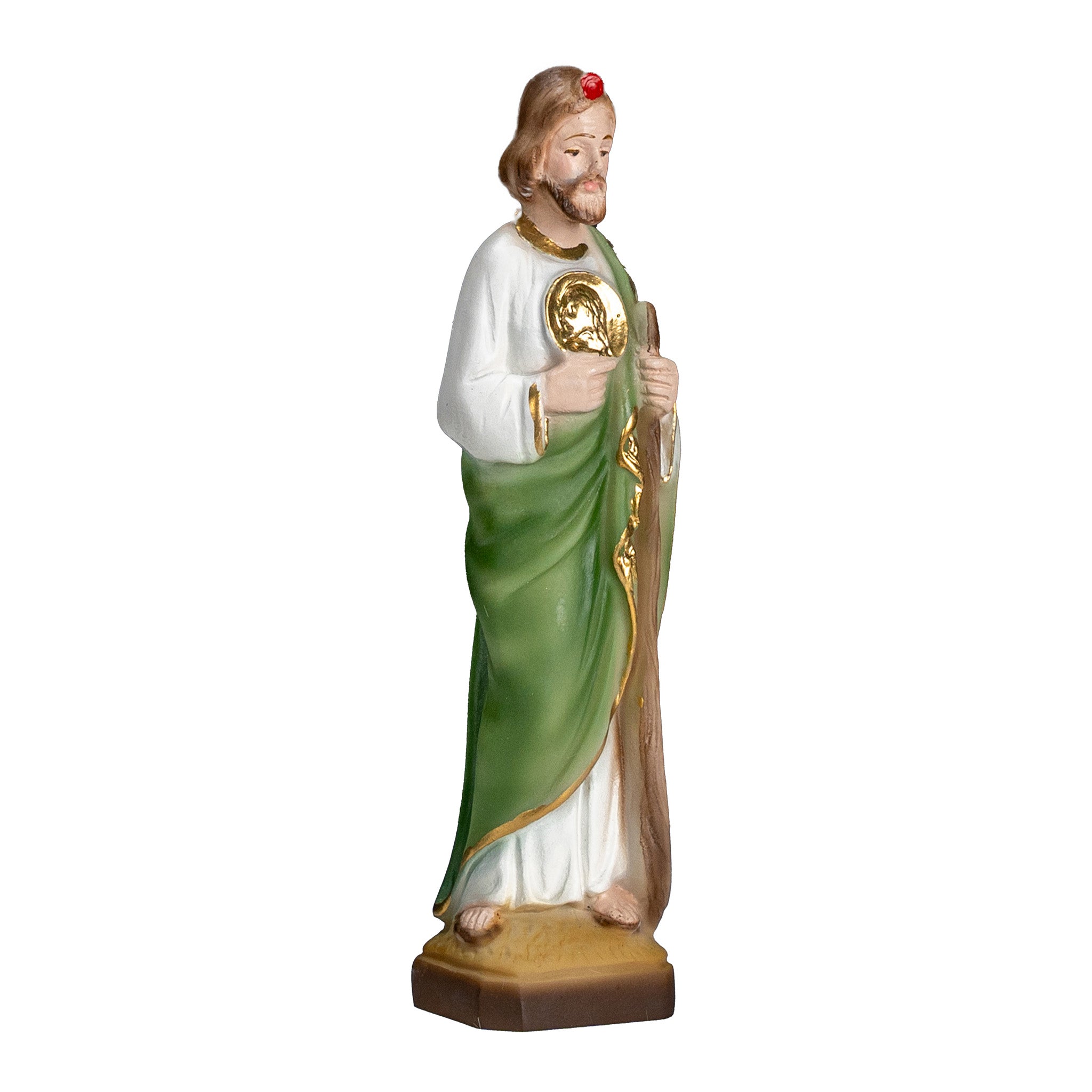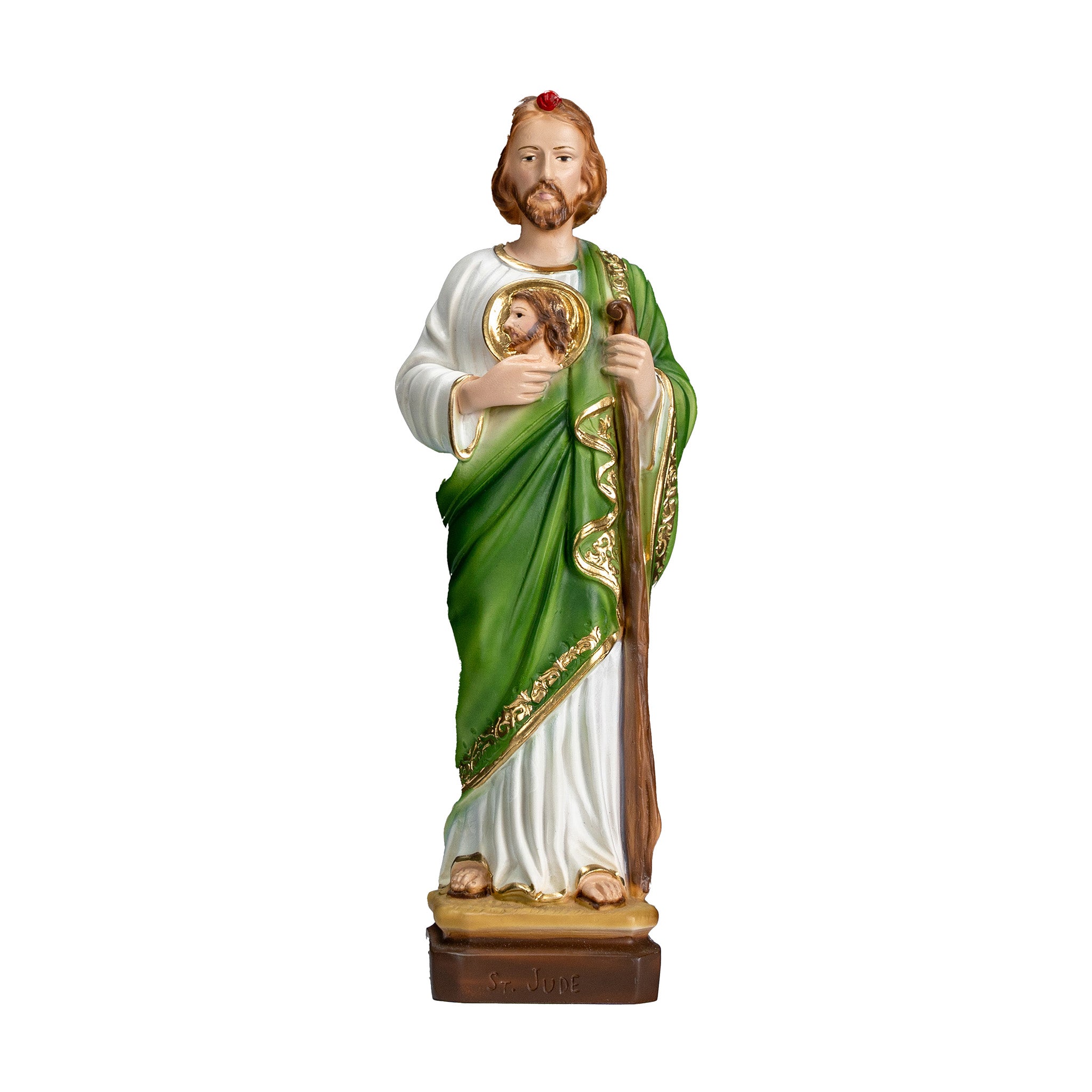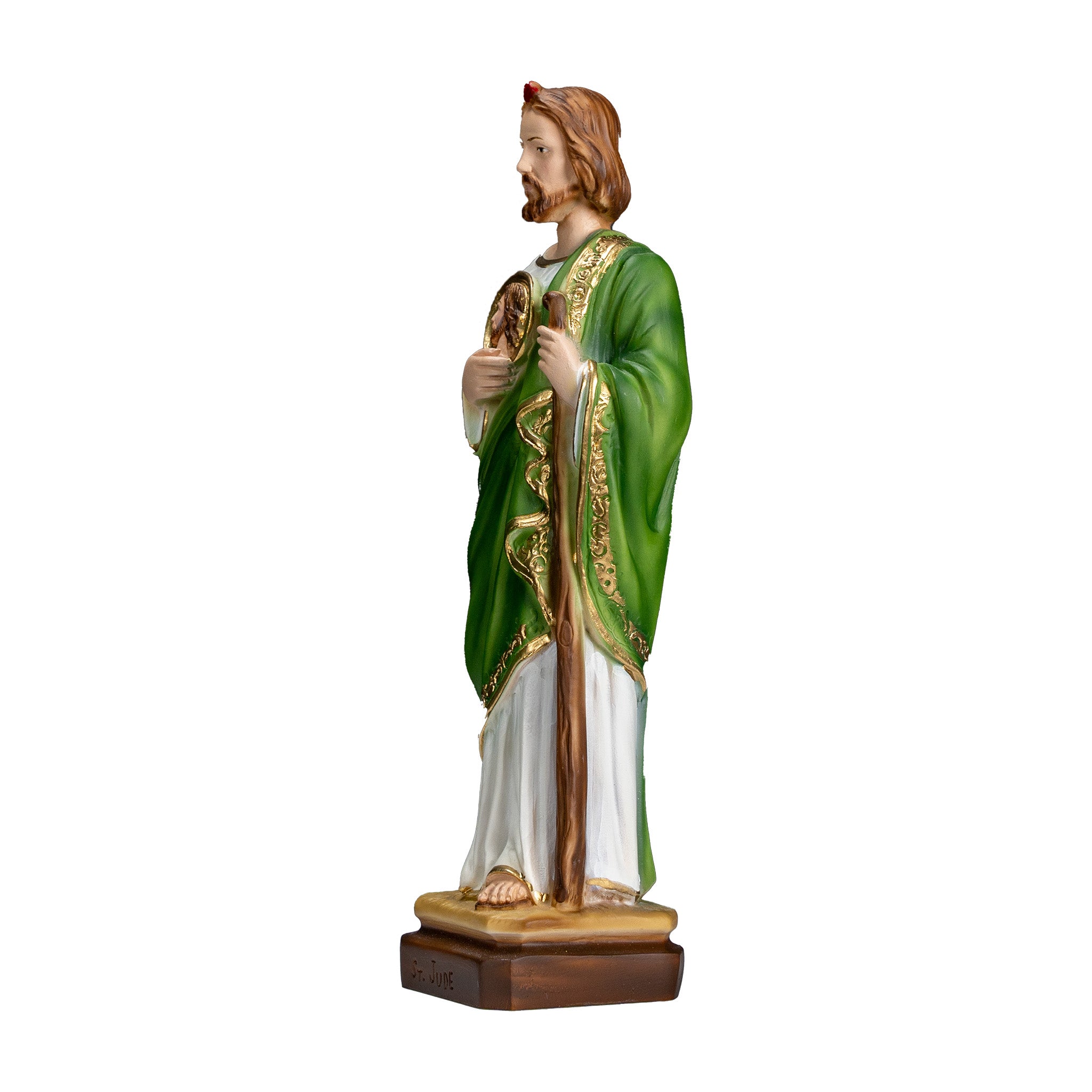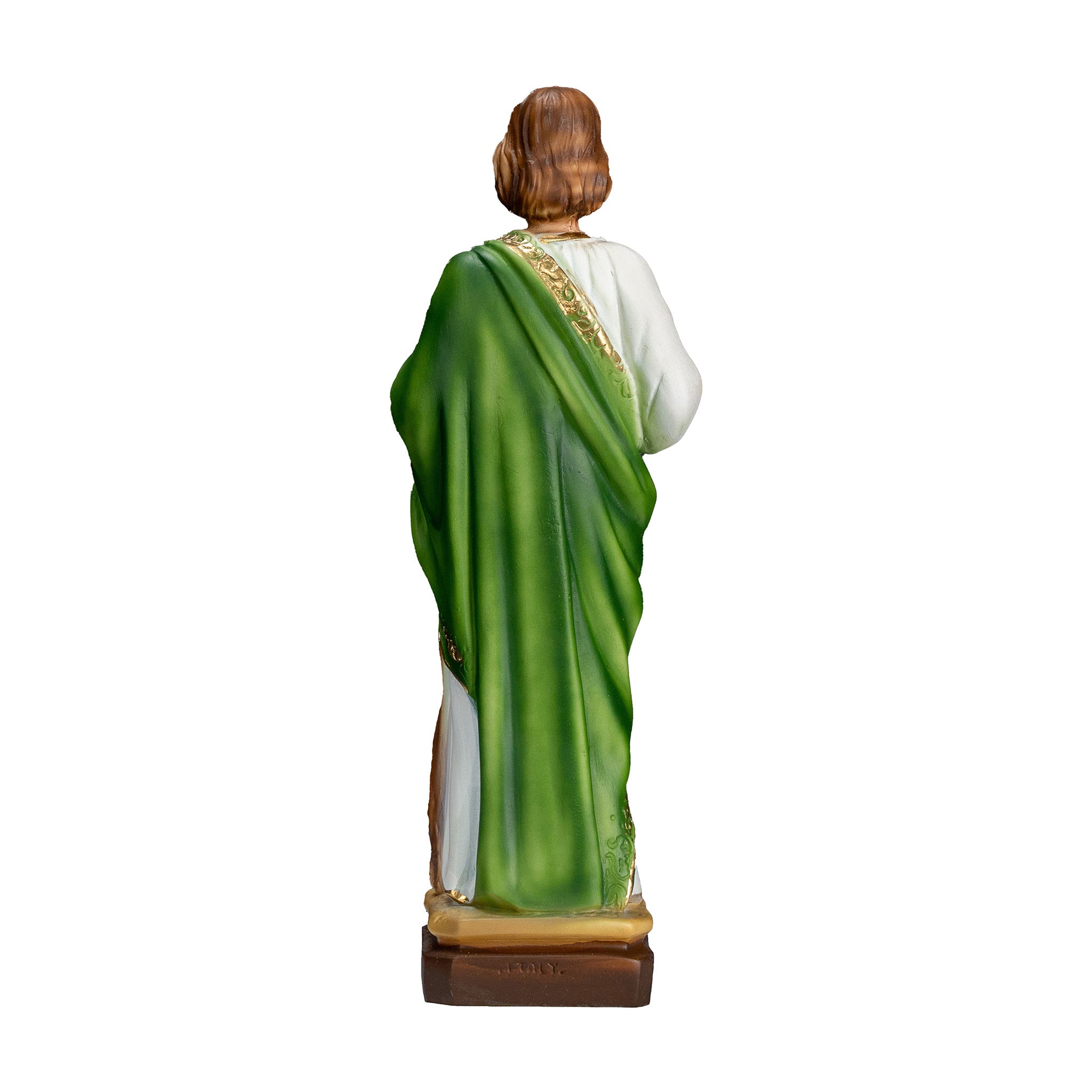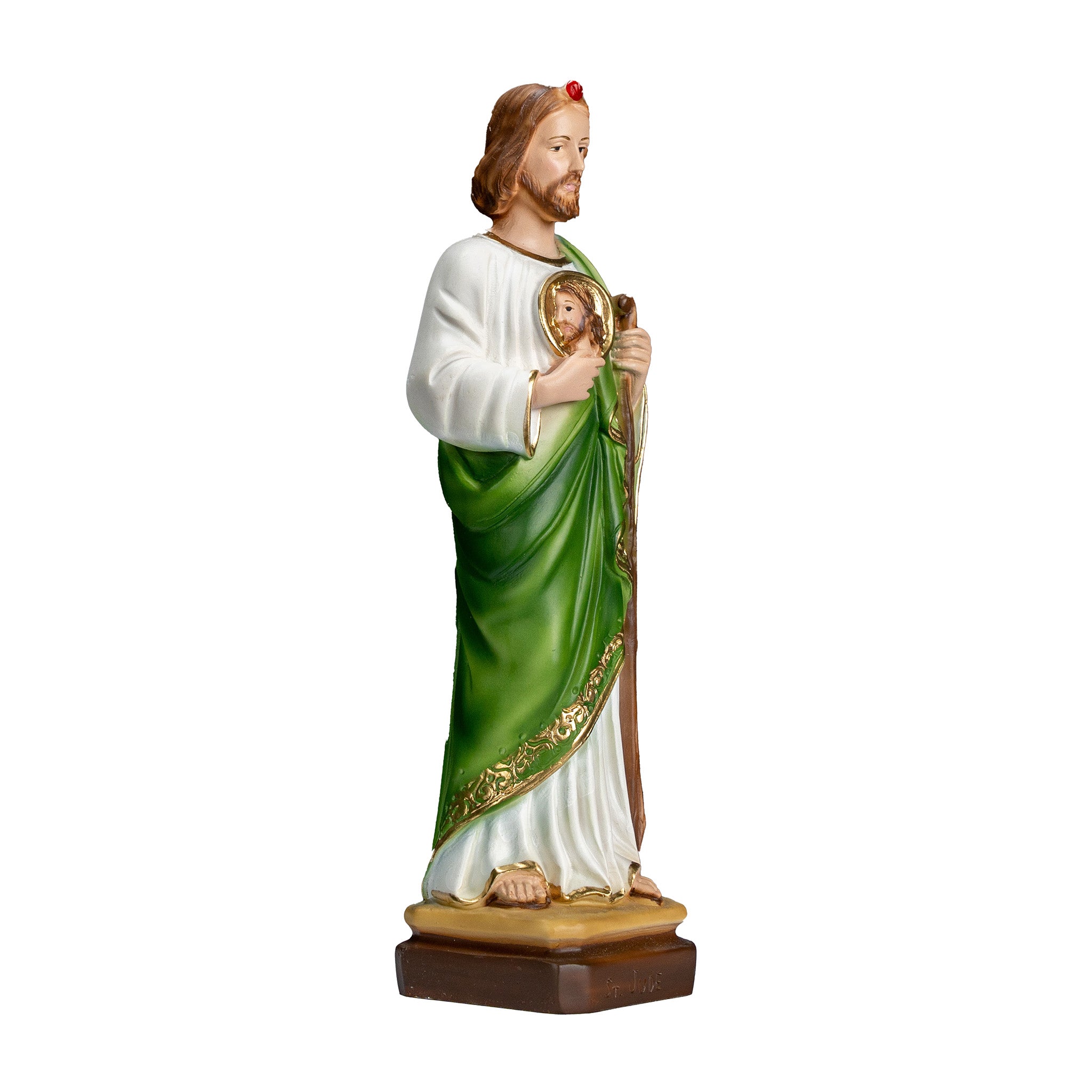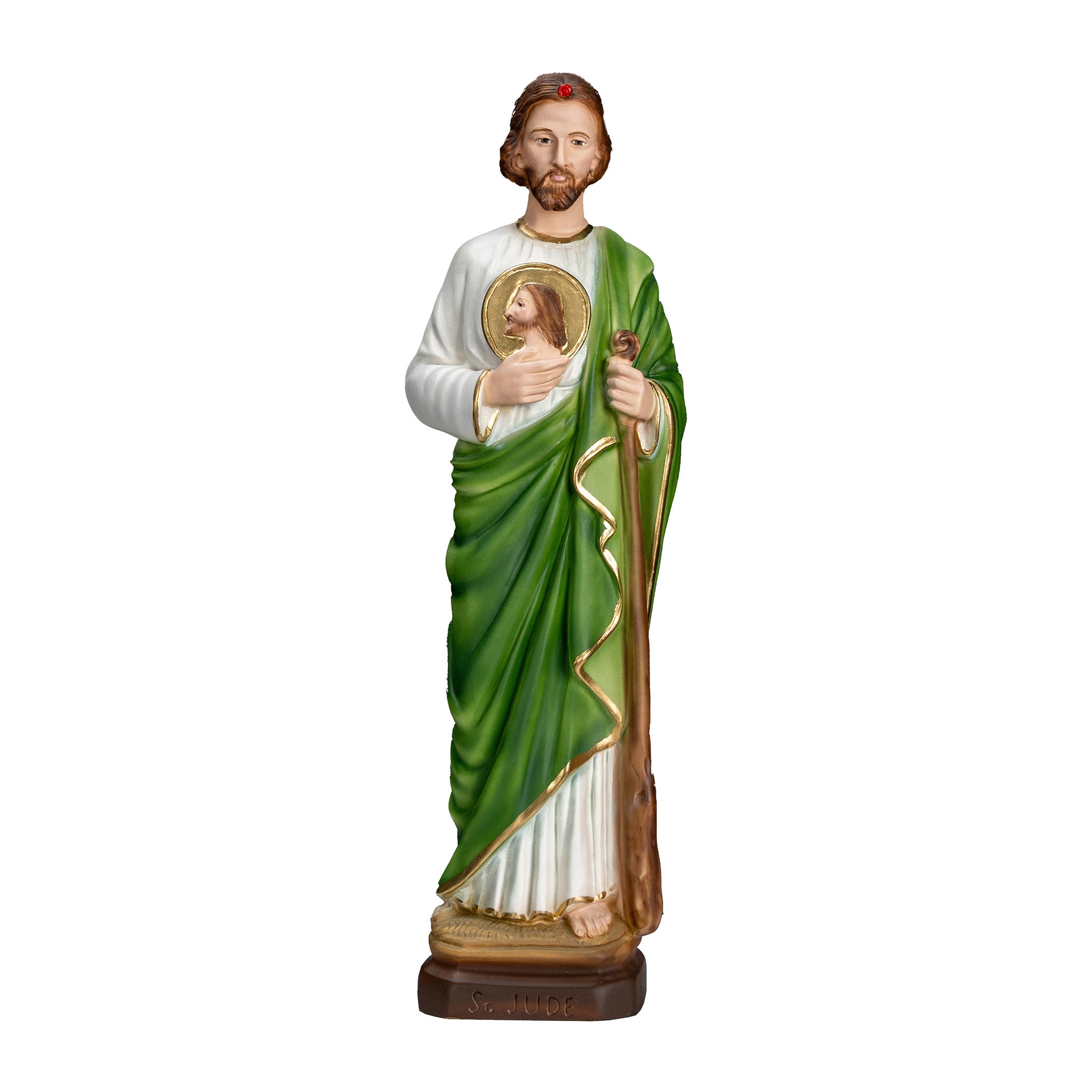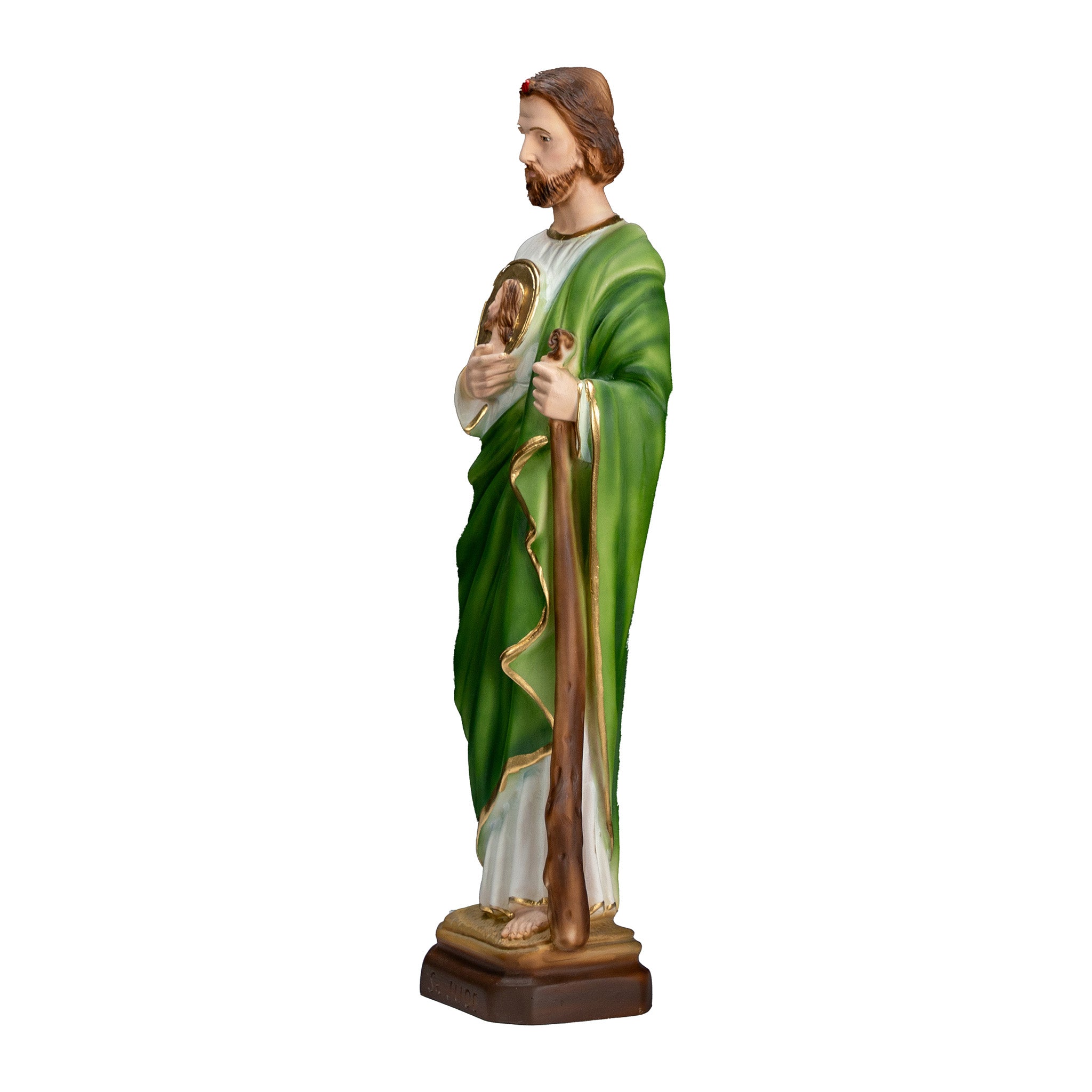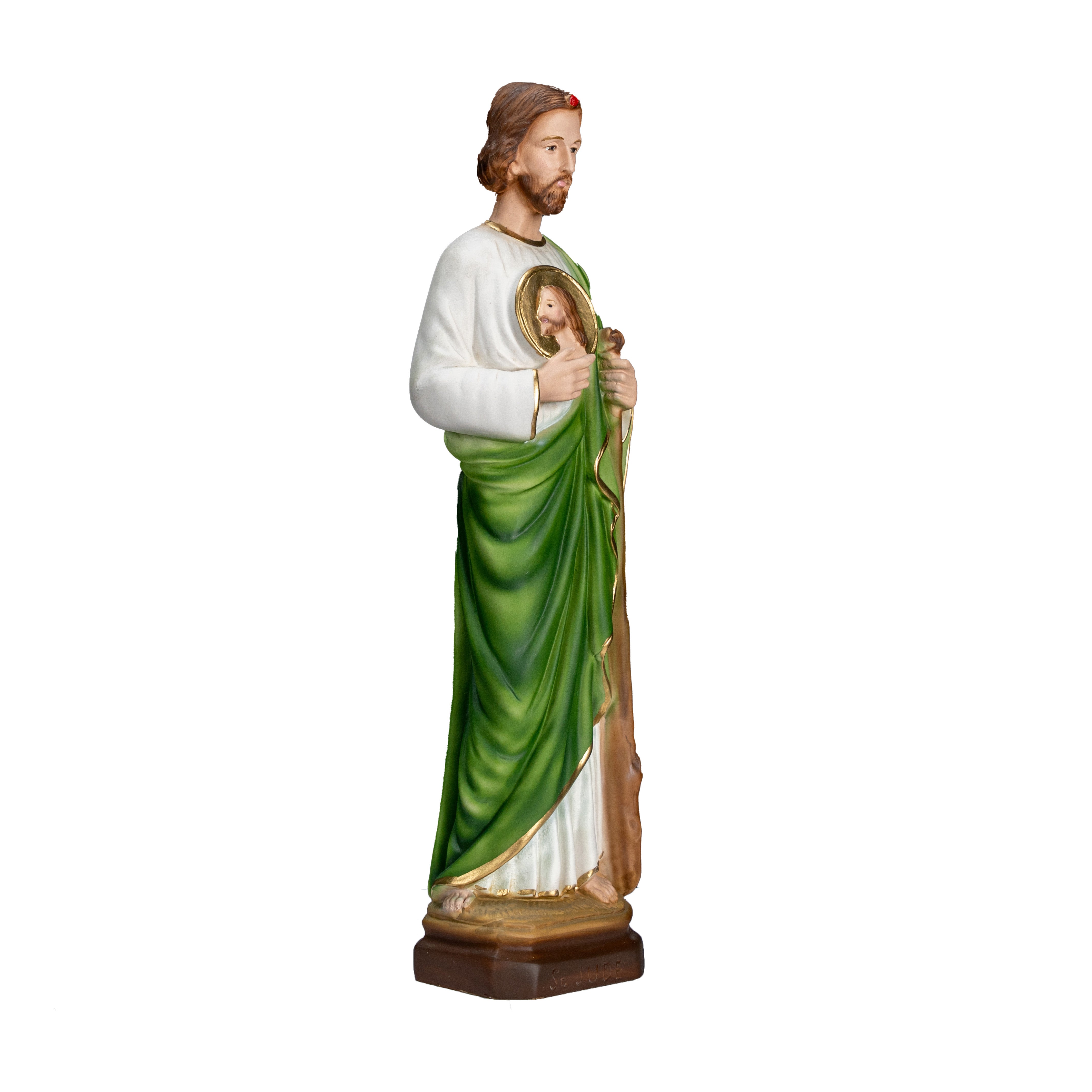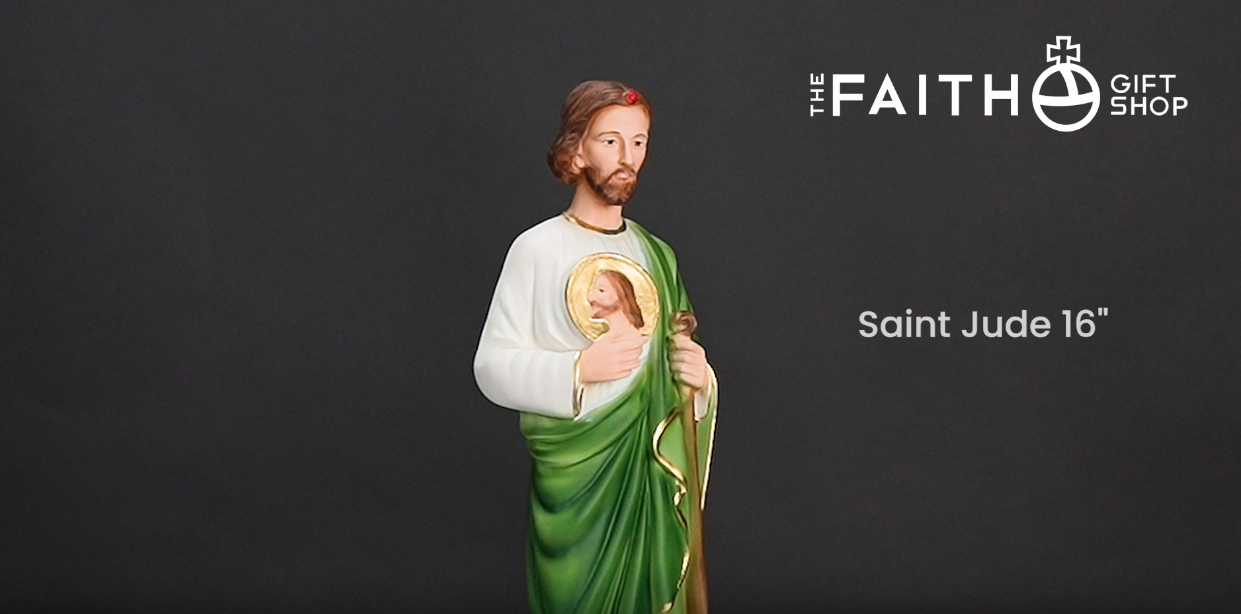Saint John Paul II, born Karol Józef Wojtyła, was one of the most influential figures of the 20th century. Serving as the Pope of the Roman Catholic Church for 26 years, from 1978 to 2005, he left an indelible mark on the world, both within and beyond the realm of religion.
Early Life and Spiritual Journey
Karol Józef Wojtyła was born on May 18, 1920, in Wadowice, Poland. His early life was marked by tragedy, with the loss of his mother at a young age and the death of his older brother. Despite these hardships, he remained steadfast in his faith and pursued an education in theology. After completing his studies, he was ordained as a priest in 1946 and went on to earn a doctorate in moral theology.
His journey toward becoming Pope began when he was appointed Archbishop of Kraków in 1964 and later a Cardinal in 1967. His pastoral work in Poland during a challenging period of history made him a well-known figure, admired for his intellectual acumen, moral clarity, and deep spirituality.
Papacy and Historical Significance
In 1978, Cardinal Wojtyła was elected Pope, taking the name John Paul II. He became the first non-Italian Pope in 455 years, a significant historical moment that signaled a more global perspective for the Catholic Church. His papacy was characterized by numerous milestones:
1. Solidarity Movement: Pope John Paul II played a pivotal role in supporting the Solidarity movement in his native Poland, contributing to the eventual fall of communism in Eastern Europe. His visits to Poland and his words of encouragement emboldened those who were seeking freedom and human rights.
2. Interfaith Dialogue: He was a strong advocate for interfaith dialogue, promoting unity among different religious traditions and fostering understanding and cooperation between Catholic Christians and other faiths.
3. Worldwide Travels: Saint John Paul II was a globe-trotting Pope, undertaking extensive travels to over 100 countries. These visits allowed him to connect with Catholic Christians worldwide and address global issues such as poverty, social justice, and peace.
4. Theology of the Body: His groundbreaking work on the Theology of the Body expanded the Church's teachings on human sexuality and the sanctity of life, contributing to a more profound understanding of these issues within the Catholic Church.
5. Canonizations: During his papacy, he canonized numerous saints and blessed individuals, including Mother Teresa, St. Therese of Lisieux, and St. Maximilian Kolbe.
Legacy and Beatification
After his death on April 2, 2005, Pope John Paul II was beatified on May 1, 2011, by his successor, Pope Benedict XVI. This was a significant step towards his eventual canonization as a saint, a recognition of his exemplary life of virtue, piety, and service to humanity.
His legacy continues to inspire countless individuals around the world. His teachings on the dignity of every human person, the importance of forgiveness and reconciliation, and the call to live a life of holiness remain relevant and impactful.
His charisma, deep spirituality, and unwavering commitment to social justice have left an enduring imprint on the Catholic Church and the world at large.
Saint John Paul II was a towering figure in the modern era, a man whose life and work transcended the boundaries of religion and nationality. His legacy as a leader of human rights, interfaith dialogue, and social justice endures, and his beatification and eventual canonization serve as a testament to the profound impact he had on the world.
His life serves as a reminder of the power of faith, compassion, and leadership in shaping a better world for all mankind.

